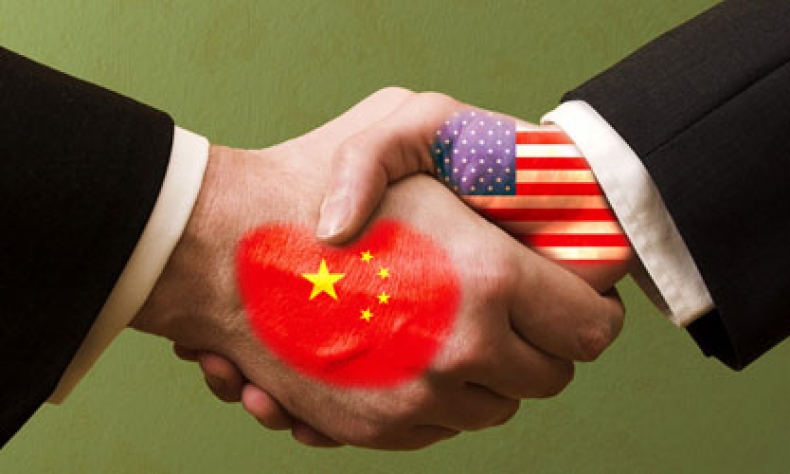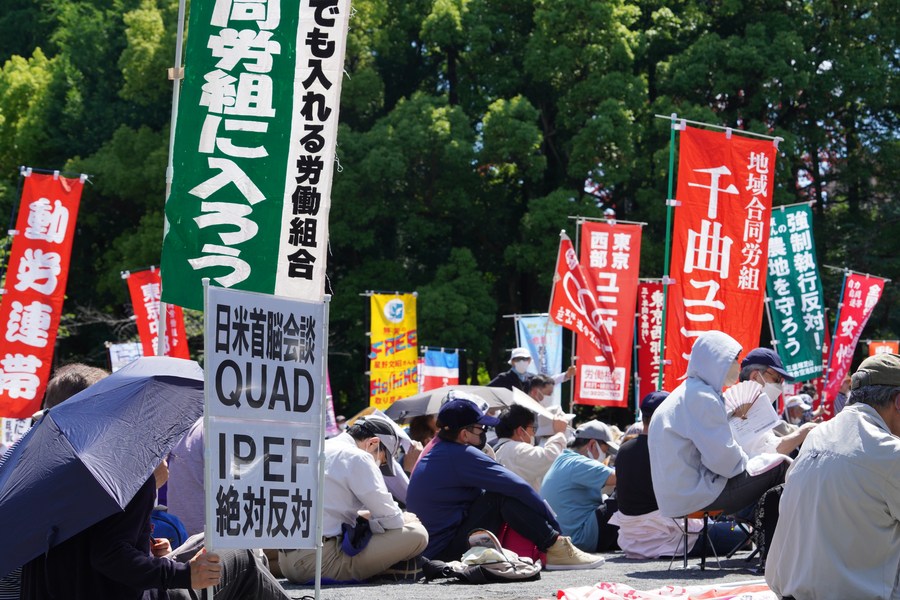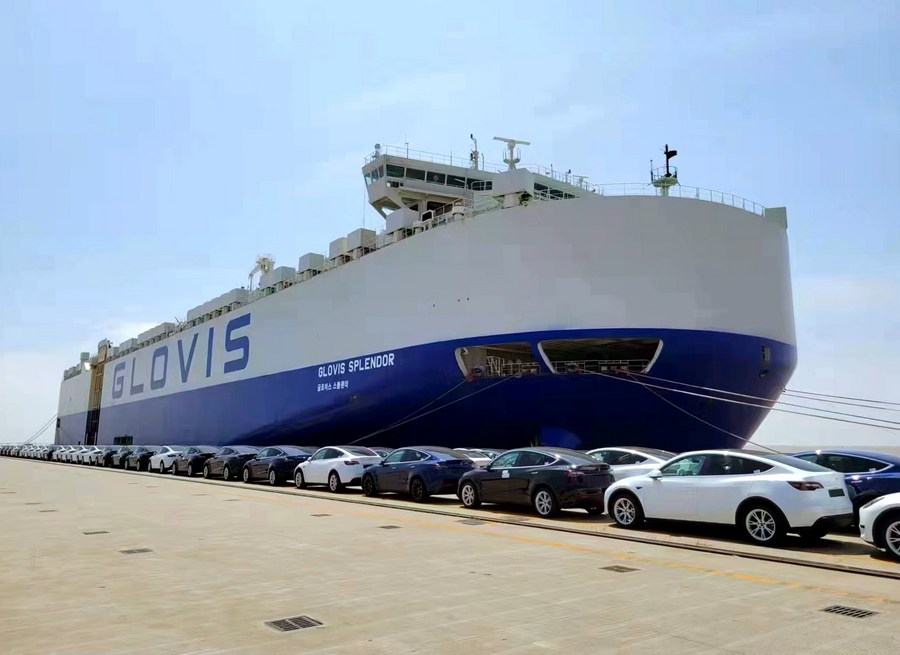Misperception Undermines China-U.S. Confidence Building

Facing the common challenges of our time, China and the U.S. should respect each other, focus on the bigger picture, and take concrete actions to put bilateral relations back on the track of steady development.
On November 14, Chinese President Xi Jinping met with his U.S. counterpart Joe Biden on the sidelines of the 17th Group of 20 Summit in Bali, Indonesia. They agreed on the importance of working out the guiding principles of the two countries’ bilateral relationship and further explored the topic through constructive discussions.
The first in-person meeting between the two leaders since Biden took office in January 2021 has charted the path for improving ties between the world’s two largest economies and lending a sense of stability and certainty to a turbulent and volatile world. It offers a crucial opportunity to prop up the China-U.S. relationship, but that’s not enough.
Whether Washington will change its misperception and misjudgment of China as a strategic “threat” greatly matters to the future of bilateral relationship. The U.S. believes the rise of China may change the global order and undermine its interests. However, fact is China’s development benefits the country and its own people, rather than challenges other countries.
The Taiwan question is the key to the Sino-American relationship. The U.S. needs to stop meddling in and hollowing out the one-China principle. America has reiterated on multiple occasions its commitment to the one China policy and that it does not support “Taiwan independence.” However, its deeds do not match its words. Taiwan is an inalienable part of China’s territory, and the Taiwan question is China’s internal affair. The American side must abide by the one-China policy and the three China-U.S. joint communiqués.

Pursuing an open and inclusive Asia-Pacific policy serves the interests of all nations in the Asia-Pacific region. By strengthening the Quad, a strategic security dialogue between India, the U.S., Japan and Australia, and the AUKUS, the Australia-UK-U.S. partnership, and tightening its bilateral alliances, the U.S. continues to form exclusive groups and stoke bloc confrontation. Openness brings progress, whereas closing the doors can only leave one behind and isolated. Any attempt to disrupt, or even dismantle, the industrial and supply chains formed in the Asia-Pacific over many years will only damage Asia-Pacific economic cooperation and lead to a new cold war.
The world stands at a historical crossroads. Facing profound changes unseen in a century, China and the U.S. should join hands to overcome extraordinary obstacles to provide the world with more opportunities.
Both countries should view each other as stakeholders instead of rivals. The so-called “China threat” stems only from the U.S. strategic misperception of the Chinese intention. China never seeks to challenge the West and does not desire to replace the U.S.
This year marks the 50th anniversary of former U.S. President Richard Nixon’s visit to China. No one can deny that the engagement between China and the U.S. has not only benefited the Chinese economy but also provided lots of development opportunities for the U.S. In 2005, former U.S. Deputy Secretary of State Robert Zoellick defined the Sino-U.S. relationship as a “stakeholder.” And this is even more so as the two largest economies get more closely intertwined.

The two countries should recognize and respect each other’s different social systems and development paths. Both take different paths and this difference has existed since the China-U.S. engagement officially established in 1972 and will continue to exist. Both need to recognize and respect such differences. It is vital for the two countries to champion the humanity’s shared values of peace, development, fairness, justice, democracy and freedom, respect the diversity of civilizations, and promote mutual understanding between them.
Both should nurture a sound atmosphere and stable relationship for cooperation. China and the U.S. need to follow the laws governing economic activities and market principles, facilitate the free flow of production factors, protect the production and supply systems of goods and services, and create convenient, efficient and secure industrial and supply chains in the Asia-Pacific. Any attempt to politicize and weaponize economic and trade relations should be rejected.
President Xi pointed out, under the current circumstances, China and the U.S. have more, not fewer, common interests. It is to our mutual and fundamental benefit to prevent conflict and confrontation and achieve peaceful coexistence. Facing the common challenges of our time, China and the U.S. should respect each other, focus on the bigger picture, and take concrete actions to put bilateral relations back on the track of steady development.
These are edited excerpts of Xu’s speech during the Cooperation & Responsibilities: China-U.S. Relations and Global Governance webinar hosted by Beijing Review on November 22.
The author is president of the China Institute of International Studies.
 Facebook
Facebook
 Twitter
Twitter
 Linkedin
Linkedin
 Google +
Google +










